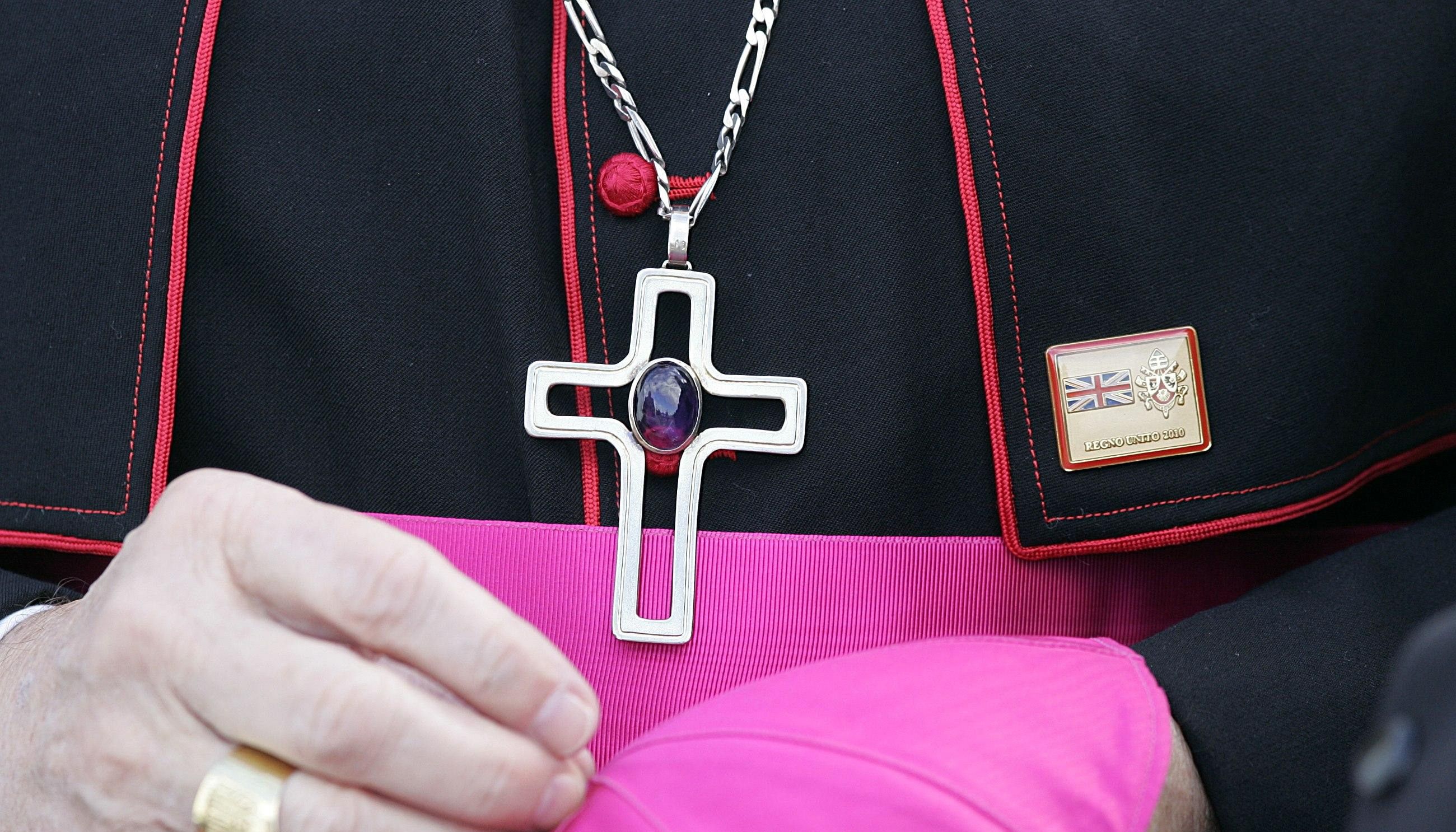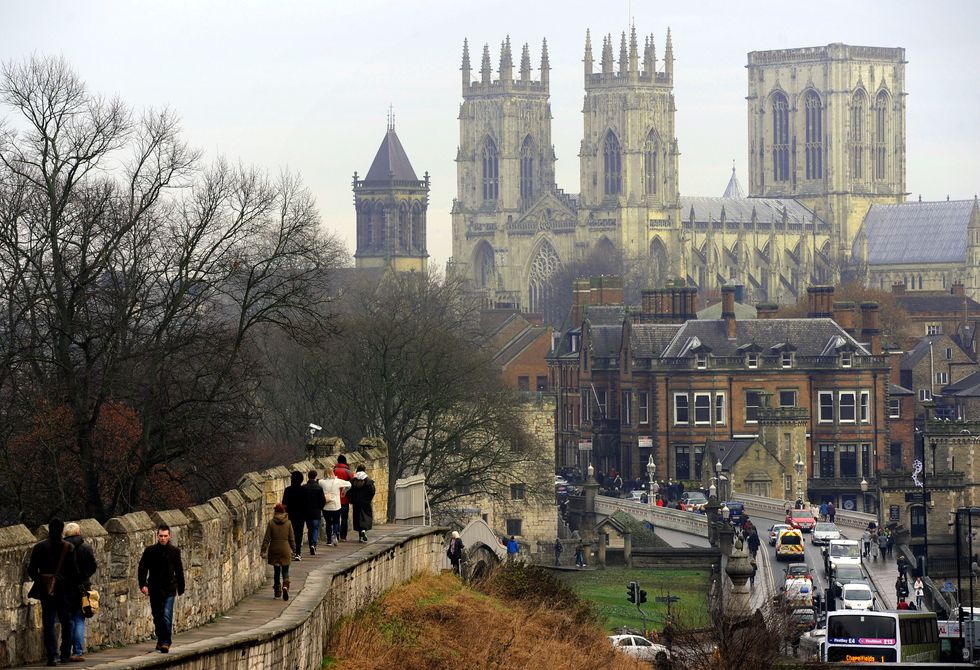Don't Miss
Most Read
Trending on GB News
A report into the psychology of people who abuse children has been released by the Scottish Child Abuse Inquiry today, with experts finding abusers from religious settings “had the capacity for self-delusion, engaging in thinking that was illogical” and that some “handed the moral responsibility for the abuse back to God”.
The damning 33-page report highlighted how it may have been easier for those from religious settings to abuse because of them being able to take advantage of the habitual deference offered to them.
Abusers allegedly rely on being in high regard, using that as a way to silence children, and may have even allowed the abuser to think he had the permission to abuse children and "act with impunity".
The expert panel told inquiry chairwoman Lady Smith that God was “weaponised” and the Catholic Church “reinforced that sense of permission to abuse children”.
Former lay adviser on safeguarding to the Archdiocese of St Andrews and Edinburgh for 22 years, Martin Henry, said “there is a historical legacy that people should avoid at all costs bringing scandal on the church”.
The Church came under scrutiny following the report
Andrew Milligan
He added: “When you add God in as the other factor, who is always there, omnipresent, watching what you are doing and listening to what you’re saying and knowing what you’re thinking, it becomes all the more powerful.
“As a mechanism to silence children, it had proven very effective.”
In the roundtable, he told the inquiry he was “astonished” so many had plucked up the courage to “really break through that and talk about it”.
He added: “But as an institution, there was this message: avoid bringing scandal on the church. Which essentially has translated across institutions into protect the institution and its reputation before you protect the child or the young person.”
The report outlined how there was no viable link between celibacy and the abuse of children, maintaining that sexual abuse of children is not the result of sexual frustration, and is not likely to shift a person away from their primary sexual orientation.
Lady Smith published the findings in “The Psychology of Individuals Who Abuse Children” on Wednesday.
The report uncovered that there was no definitive answer to why abuse happens
John Giles
Experts, including forensic clinical psychologists and others experienced in child protection, discussed the characteristics, motivation, and techniques of those who abuse children in care.
Among the key findings to emerge from the roundtable were that there is no single abuser type, nor was there similar characteristic among abusers.
The report uncovered that there was no definitive answer to why abuse happens, but some who sexually abuse children are completely driven to do so and will design their lives accordingly.
Despite the findings, it is believed others act in response to opportunities presented to them rather than created by them, the abuse inquiry report found.
The report also concluded that recruitment processes are not sophisticated enough to identify those who are going to be a risk to children if appointed to the role for which they are applying.
The experts all agreed that disclosure, for example under the PVG scheme, was of limited value yet it utilises much energy and focus that could be better directed.
Lady Smith said: “The findings record what I identify to have been the most significant points that emerged from the roundtable discussions, particularly those that may have relevance for future recommendations for the protection of children in care from abuse.”
A spokesman for the Catholic Church said: “While many institutions, including the church, may previously have sought to protect their reputations, a significant cultural change in recent decades has seen safeguarding practice become permanently embedded.
“The Catholic Church maintains a deep and unwavering commitment to the highest standards of safeguarding in order to ensure that the church is a place of safety for all.”












